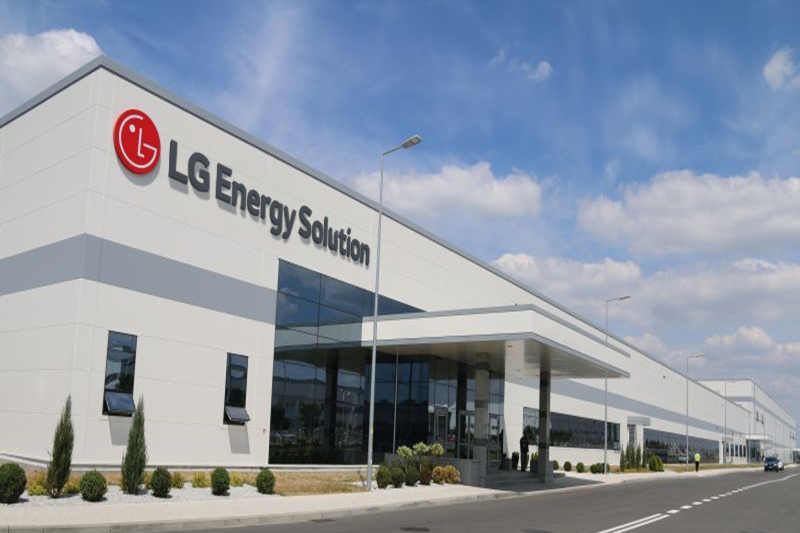LG Energy Solution (LGES), one of the world’s leading electric vehicle battery manufacturers, announced a cautious stance toward 2025 on Monday, revealing plans to substantially reduce capital expenditure amid slowing electric vehicle demand. The company’s strategic shift comes as it reported a significant 39% decline in third-quarter profits, highlighting growing challenges in the global EV market.
The South Korean battery maker, which counts industry giants Tesla, General Motors, and Hyundai Motor among its key customers, posted an operating profit of 448 billion won ($322.84 million) for the July-September period. While this figure aligned with the company’s earlier forecast, it marked a substantial decrease from the 731 billion won recorded in the same period last year. However, the results exceeded analyst expectations, with LSEG SmartEstimate’s projection of 374 billion won, thanks to improved demand from select European and North American automakers.
Chief Financial Officer Lee Chang-Sil outlined several challenges facing the company during an earnings call. “Looking ahead to 2025, we see continuing macro uncertainty and geopolitical risk, increased battery exports by Chinese rivals, as well as automaker customer plans to manufacture their own batteries, which would intensify competition,” Lee stated. The CFO emphasised that these factors have led to a “rather conservative outlook” for revenue growth in the coming year.
Notably, LGES would have recorded an 18 billion won operating loss in the third quarter without the benefit of tax credits received under the U.S. Inflation Reduction Act, underscoring the importance of government incentives in the current market environment. The company’s revenue experienced a 16% decline to 6.9 trillion won during the quarter.
The company’s cautious stance reflects broader industry trends, as several automakers scale back their electrification targets due to multiple headwinds. These challenges include a shortage of affordable EV models, insufficient charging infrastructure, escalating trade tensions, and intensifying competition from Chinese manufacturers offering lower-priced alternatives.
LGES executives anticipate that market recovery will vary by region, with European demand potentially rebounding in approximately 18 months, while the U.S. market might require two to three years to recover fully. This timeline could be significantly influenced by climate policies and regulatory frameworks in different markets.
The upcoming U.S. presidential election has emerged as a critical factor in the company’s outlook. According to analyst Kang Dong-jin at Hyundai Motor Securities, “The general view is that the pace of EV demand growth could be slower if Donald Trump is elected to a second term in the White House as he has suggested cutting EV tax credits.”
This conservative outlook represents a continuation of LGES’s earlier strategic adjustments. In April, the company had already announced plans to reduce capital expenditure for the current year in response to slowing EV growth. Previously, LGES had indicated that 2024 capital expenditure would remain similar to the previous year’s 10.9 trillion won.
Despite these challenges, investors appeared to respond positively to the company’s realistic assessment and better-than-expected quarterly results. LGES shares rose 1.2% following the earnings announcement, outperforming the benchmark KOSPI’s 0.9% increase.


